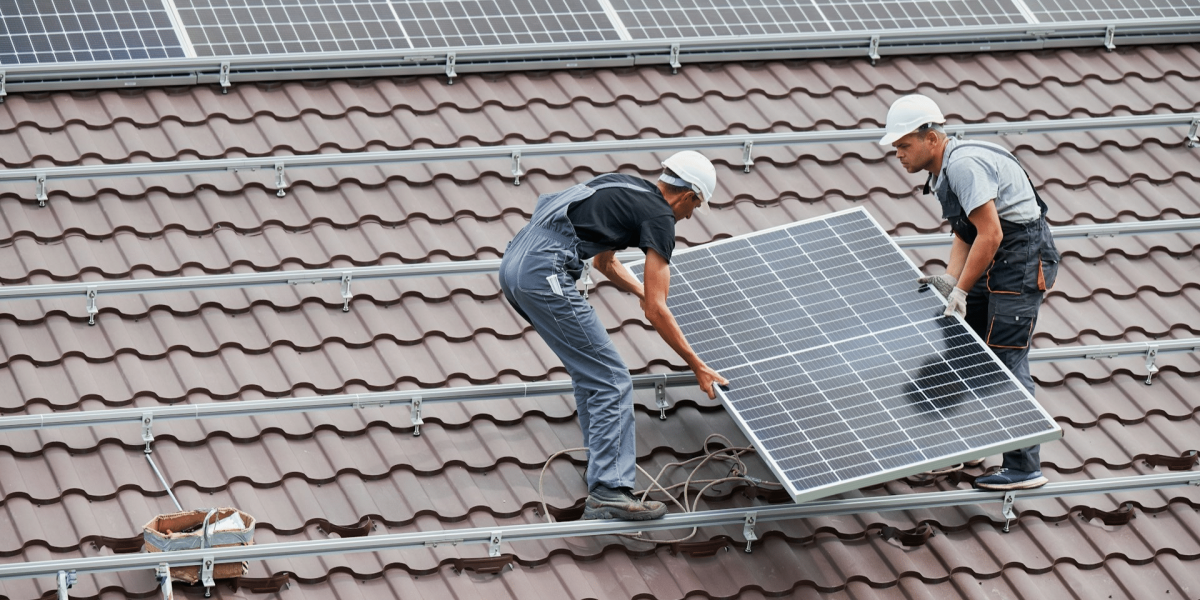Forget the days of sky-high installation costs and limited efficiency. Solar power is having a moment, and Gen Z isn’t the only demographic taking notice. Homeowners and businesses alike are seriously considering whether solar power can become their personal sunshine jackpot. But is the hype real, or is solar power all sizzle and no steak? Let’s break down the economics of solar energy to see if it can truly become your wallet’s BFF.
Crunch the Numbers: Long-Term Gain vs. Short-Term Pain
The initial investment for a solar panel system can be a major hurdle. Depending on the size and complexity of your setup, the upfront costs can range from a few thousand dollars to tens of thousands. However, a study by the National Renewable Energy Laboratory shows that solar panel prices have plummeted by over 80% in the past decade. Additionally, many governments and municipalities offer generous incentives like tax credits, rebates, and net metering programs that can significantly offset the initial investment.
The good news is that solar power is an investment that pays off in the long run. Once your system is up and running, you’ll be generating clean, free energy from the sun. This translates to significant savings on your electricity bill, especially in areas with high energy costs. A report by the Solar Energy Industries Association estimates that homeowners can save an average of $1,000 per year on their electricity bills with a solar panel system. Over the lifespan of the system (which can be 25 years or more!), those savings can add up to a substantial amount of money.
Beyond the Bills: The Future-Proof Factor
The financial benefits of solar power extend beyond your monthly electricity bill. Solar panels can actually increase the value of your property. According to a study by Zillow, homes with solar panels sell for an average of 4.1% more than comparable homes without them. This is because potential buyers recognize the long-term savings and environmental benefits associated with solar energy.
Furthermore, solar power offers a hedge against rising energy costs. Fossil fuel prices are notoriously volatile, and with growing concerns about climate change, the price of traditional electricity is likely to continue to rise in the coming years. By investing in solar, you’re essentially locking in a stable, predictable energy source for your home or business, future-proofing your energy budget.
Sunshine and Rainbows? Considering the Drawbacks
While solar power offers a compelling economic case, it’s not without its drawbacks. The amount of sunlight your location receives plays a major role in the efficiency and overall financial viability of your system. Homes in sun-drenched regions will naturally see a greater return on investment compared to those in cloudier areas. Additionally, solar panels require some upfront maintenance and may need to be replaced after their lifespan.
Another factor to consider is the availability of financing options. While government incentives help, financing a solar panel system can still be a challenge for some homeowners. However, the growing popularity of solar energy is leading to more lenders offering loan products specifically tailored to solar installations.
The Verdict: A Bright Future for Solar Power
So, is solar power the ultimate money maker? The answer, like most things in life, is “it depends.” While the initial investment can be significant, the long-term savings on electricity bills, increased property value, and protection against rising energy costs make solar a compelling economic proposition for many homeowners and businesses. However, it’s important to carefully consider your location’s sunlight patterns, financing options, and potential maintenance costs before taking the plunge.
With advancements in technology and continued government support, solar power is poised to become an even more attractive financial option in the years to come. So, while solar power may not be a guaranteed get-rich-quick scheme, it can definitely become a shining example of a smart, sustainable investment in your future.






